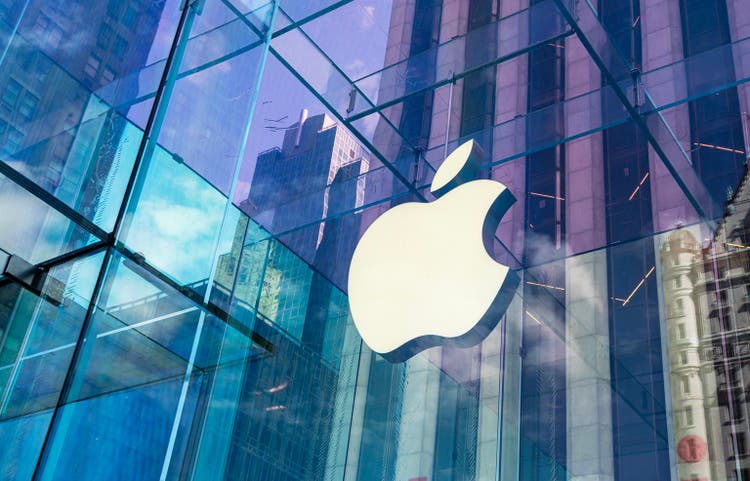
ozgurdonmaz/iStock Unreleased via Getty Images
The EU is set to warn Apple (NASDAQ:AAPL) to open up the company’s iPhone operating system to rival technologies or eventually risk significant fines, Bloomberg News reported.
Under the region’s Digital Markets Act, or DMA, the European Commission is set to announce that Apple must adhere to the new rules on making operating systems fully functional with other technologies, the report added citing people with knowledge of the matter.
The DMA is a legislation that establishes a set of objective criteria to qualify a large online platform as a “gatekeeper” and ensure that they behave fairly online and leave room for contestability.
While the potential announcement is not a formal probe, the EU aims to force Apple to re-engineer its services to allow competing companies to access the iPhone’s operating system. One of the goals of the DMA is to make sure that other developers can get access to vital iPhone features, such as Siri voice commands and its payments chip, the report noted.
The EU could later decide to start a formal investigation if Apple does not comply with the DMA, which could eventually result in fines of up to 10% of global annual turnover, the report added.
In September 2023, European Commission designated for the first time six gatekeepers — Alphabet (GOOG) (GOOGL), Amazon (AMZN), Apple, Meta Platforms (META), Microsoft (MSFT) and Chinese tech giant ByteDance (BDNCE) — under the DMA. Certain products provided by these companies come under the DMA and the EU’s Digital Services Act, or DSA — which regulates online intermediaries and platforms that millions of Europeans use every day. The DSA protects consumers and their rights online.
Last month, Apple pledged to make additional changes on how EU users interact with the browser choice screen, default apps and app deletion on iOS and iPadOS to comply with the DMA.
In June, the European Commission informed Apple of its preliminary view that App Store rules breach the DMA as they prevent app developers from steering consumers to alternative channels for offers and content.
In April, The Cupertino, Calif.-based company’s iPad was added to a list of big tech products and services which would come under the DMA. Apple’s App Store, iOS mobile operating system and Safari were already falling under the purview of the DMA, which came into effect March 7.
